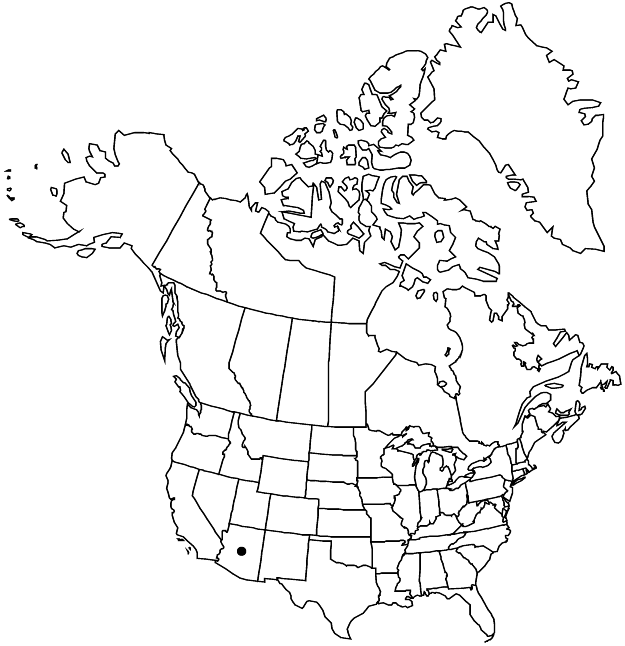Eriogonum thompsoniae var. atwoodii
Great Basin Naturalist 34: 245. 1974.
Plants 3–4 dm. Leaf-blade linear, 3–8 (–10) × 0.2–0.4 (–0.6) cm, thinly to moderately tomentose abaxially, margins often slightly revolute. Involucres 2–3 mm. Perianths white or yellow.
Phenology: Flowering Jul–Oct.
Habitat: Red, gypsophilous clay flats and slopes, saltbush, blackbrush, and sagebrush communities
Elevation: 1400-1500 m
Discussion
Variety atwoodii is known only from two locations, one near Fredonia, and a second along the Honeymoon Trail, both in Mohave County. It appears to be an established, albeit rare, variety that probably is the result of past hybridization involving E. thompsoniae var. albiflorum and E. mortonianum. The Bureau of Land Management in Arizona considers Atwood’s wild buckwheat a taxon of special concern.
Selected References
None.
Lower Taxa
"/2" is not declared as a valid unit of measurement for this property."dm" is not declared as a valid unit of measurement for this property."dm" is not declared as a valid unit of measurement for this property.
